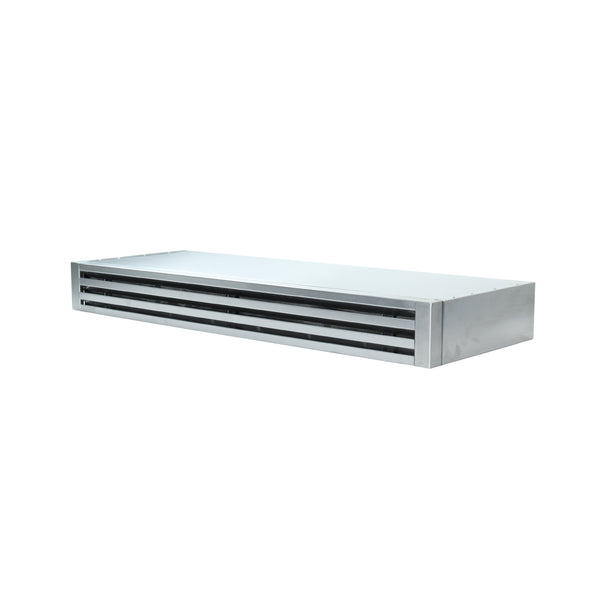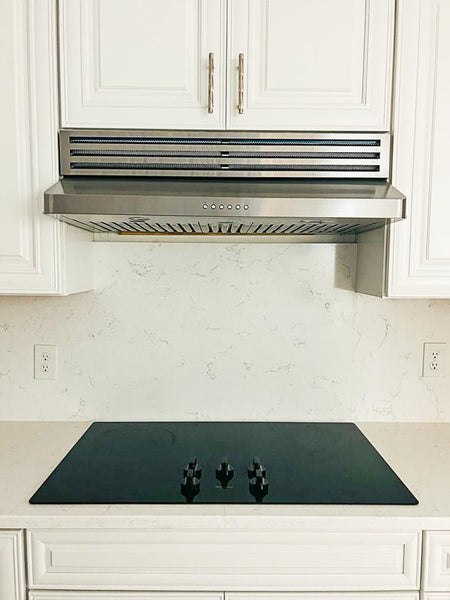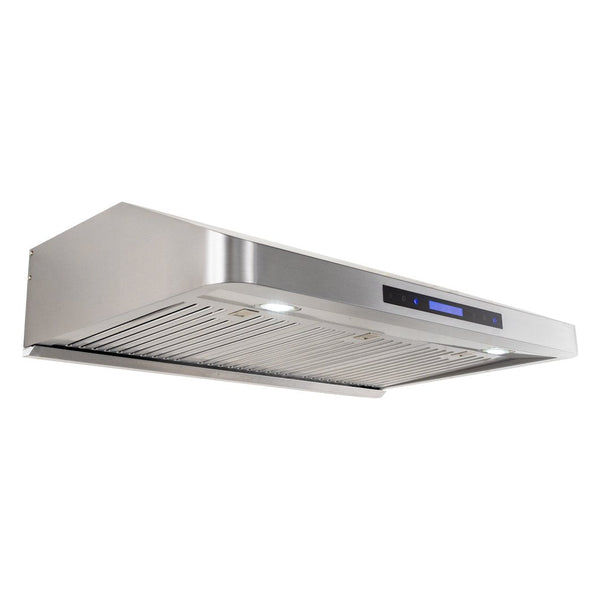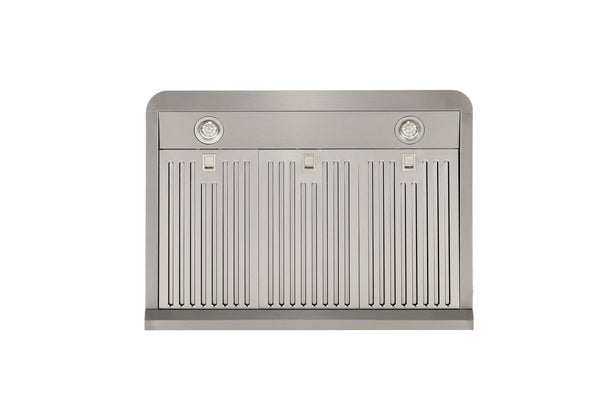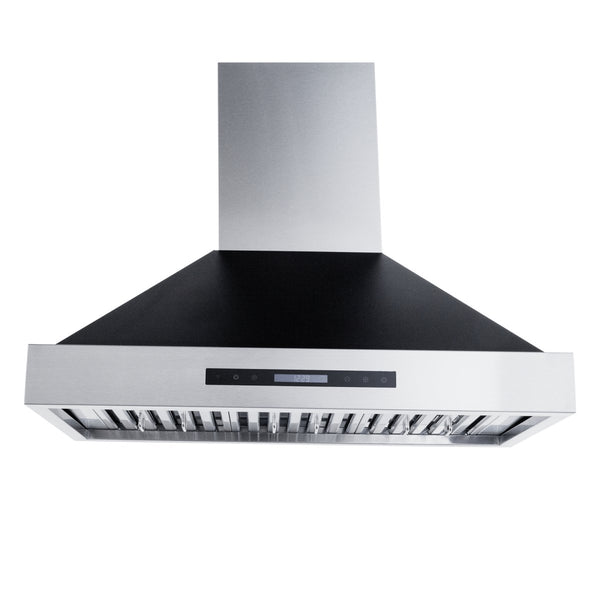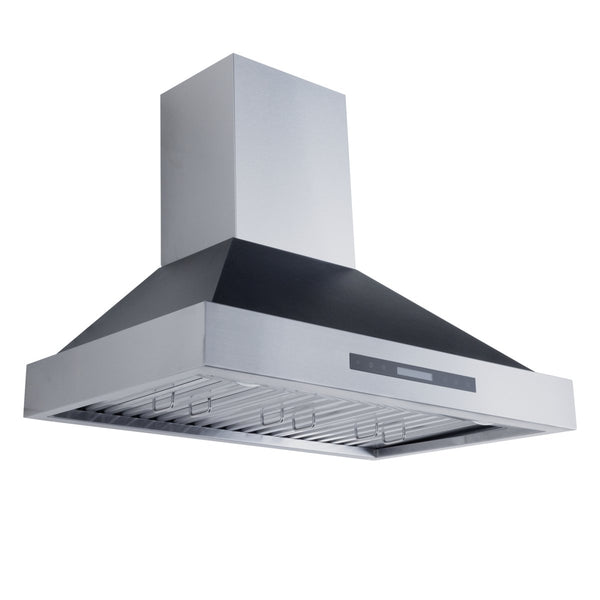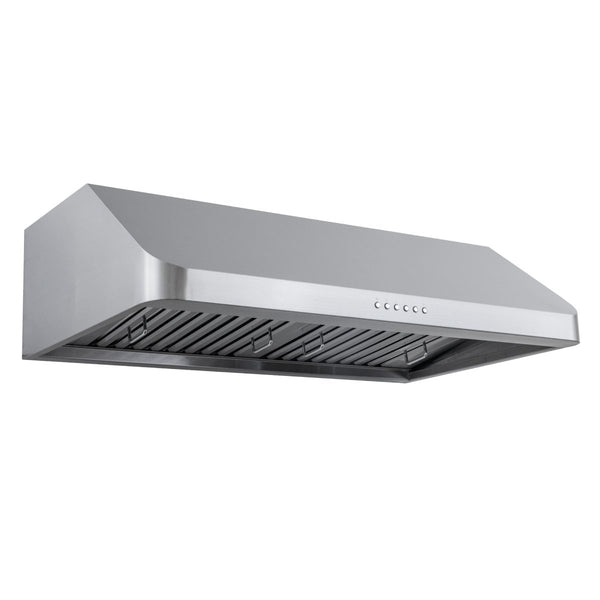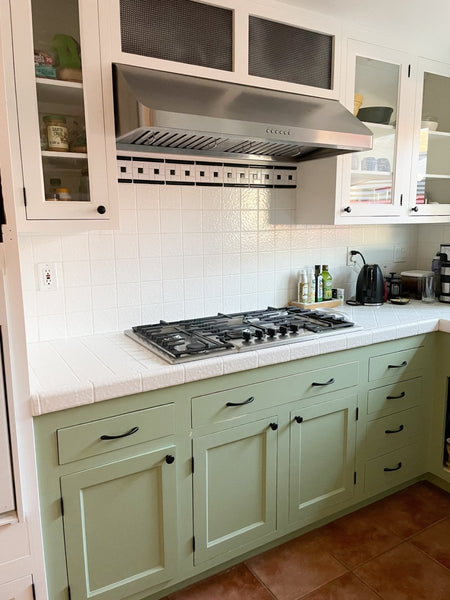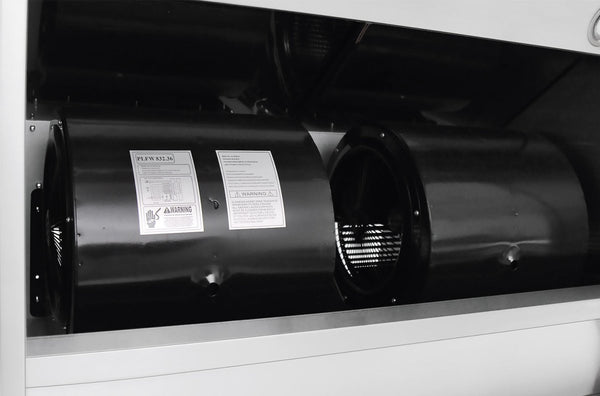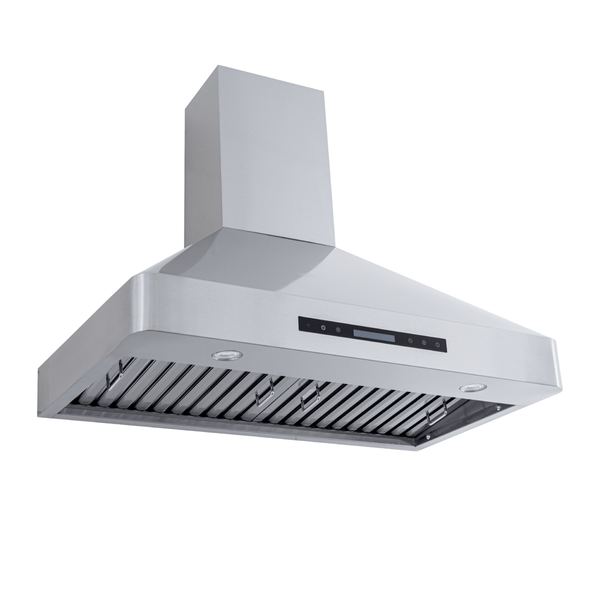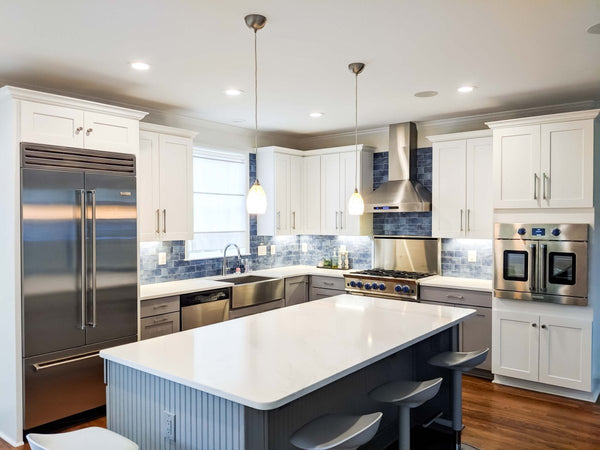Cooking safety is critical. Luckily, it’s not hard to stay safe in the kitchen. In this list, we’ll go over some surprisingly simple safety tips. They can make a huge difference in the safety of you and your loved ones in your indoor and outdoor kitchen.
Don’t wear loose clothing.
Loose clothing can hang and make contact with grill grates or catch on oven doors. You don’t want this to cause a fire. Accessories like hats or scarves could fall onto the grill as well. Take them off before you start grilling or cooking indoors.
Keep flammable liquids and materials away from open flames.
Grills and gas ranges produce a lot of heat, so it’s possible for surrounding materials to catch fire if they’re too close to the heat source. Keep your cooking area clear of combustible materials and other items that may catch fire.
Don’t leave your food unsupervised while cooking.
One of the leading causes of cooking fires indoors and outdoors is an unattended cooking area. If you’re multitasking or distracted, it’s easy to forget about your food. Be extra cautious when cooking, especially outdoors. If you go inside to do something else, you may not walk past the grill and notice that it’s on.
Make sure pot handles do not extend past the stovetop.
You can easily knock pots and pans over by running into the handles. In some cases, they’ll fall off the stove entirely. This is incredibly dangerous as you can burn yourself and potentially cause a grease fire.
In the event of a grease fire, turn off the heat source and smother it with a lid. Douse the fire with baking soda if available.
The first thing to do if a grease fire occurs is turn off the heat source. Then find a lid and smother the fire to deprive it of oxygen. If you don’t have a lid, apply baking soda or salt to the fire to extinguish it. Don’t attempt to remove the pan from the stove as it will be dangerously hot.
If baking soda or salt is not enough, use a fire extinguisher to douse the fire. This can also lead to some splashing of oil so it is the last resort. Don’t get too close to the fire when using the fire extinguisher.
Do not use water to douse a grease fire. It may spread the fire and splash oil which is dangerous.
In the event of a microwave or oven fire, turn off the heat and unplug the appliance. Use a fire extinguisher to douse the fire.
Follow the same process with a microwave oven fire, but unplug the appliance as well. You can use a fire extinguisher, baking soda, or salt to extinguish the fire.
Keep kids and pets away from the cooking area.

This is a no-brainer, as you don’t want kids or pets to injure themselves by knocking something over in the cooking area. You’ll be working with high heat so it’s best to keep the in-and-out traffic at a minimum.
If you cannot contain a cooking fire, get out of the area and call 9-1-1.
Notify anyone in the household and get out as quickly as possible.
Use separate cookware to prepare raw meat and poultry.
Consuming raw meat or poultry can lead to food poisoning. So you don’t want to mix it with other ingredients. If you’re using one cutting board to slice raw chicken, don’t use the same one for vegetables or fruits. This goes for any appliances you use when prepping food: mixing bowls, baking sheets, blenders, and more.
Outdoor Cooking Safety Tips
Do not apply lighter fluid or other combustibles to a grill to jumpstart it.
Lighter fluid can flare up when it makes contact with a hot grill, leading to harmful burns. You don’t need a visible flame for lighter fluid to flare up. If your grill won’t light, try manually lighting it with a long lighter. If it’s still not lighting, turn off the gas. Inspect the line and its connections for leaks.
Wait for the grill to cool and disconnect the gas before making any repairs.
This reduces the risk of injury and fire when repairing your grill. If you’re not comfortable doing repairs, call a professional.
Brush the grill after every use.
Brushing the grill helps remove the stuck-on food and grease from the grill grates. Greasy grill grates can cause fires quickly because the baked-on food will ignite. It’s best to clean your grill grates every few months to reduce the risk of a cooking fire.
Clean the grill every few months.

Grease can build up in the burners or firebox and lead to fires if not cleaned consistently. While you’re cleaning the inside of the grill, you can soak the grill grates in soap and water.
Keep the lid open when lighting a gas grill.
The lid, when closed, concentrates gas in a small space. If ignited, a flashback can occur. A flashback is a ball of flame that flares up after igniting the grill. The most common cause of flashbacks is heavy grease on the inside of the grill.
If a grill does not light, turn the gas off. If you smell gas and the grill isn’t lighting, turn the gas off.
Try using a handheld lighter with a long handle to light your grill. Don’t leave the gas on for more than 20 to 30 seconds. The smallest spark could ignite a fire.
Do not lean over the grill when lighting. Flashbacks can occur which can cause burns.
Keep your distance when lighting a grill. You never want to be close to any heat source that you can’t control.
Inspect hoses and connections for wear before operating your gas grill.
You want to get in the habit of checking the hoses and connections to your gas grill before every use. The tell-tale sign of a faulty gas line or loose connection is the smell of gas. If you notice any wear, don’t use your gas grill until it’s been repaired.
In enclosed kitchens, install a smoke alarm at least 10 feet from your stove and cooking appliances.
Smoke alarms are required in every room where you sleep and on each level of your home. In enclosed kitchens, install a smoke alarm inside your home’s nearest entrance as an added safety measure.
If your smoke alarm goes off, open windows and doors to improve ventilation. Turn on your outdoor range hood to vent the heavy smoke from your outdoor space.
Double check that your burners are turned off after every use.
Sometimes they can be left on if you are distracted while cooking. Occasionally you can bump into them and turn them on accidentally.
Don’t use extension cords to power outdoor appliances.
Extension cords are not nearly as reliable as connecting to a three-prong outlet. They can overheat, spark, and cause fires if the connected appliance is too powerful. You should only use extension cords temporarily until you get the proper electrical parts and wiring installed.
Keep your distance from wooden structures while grilling.
Grilling near wooden structures like a cover or deck can lead to cooking fires. Stray sparks can make contact with the wood and burn it. It’s important to take precautions and have a fire extinguisher close by when grilling on a wooden deck. Don’t leave the grill unattended!
Check the temperature of your meat with a meat thermometer before serving.
Undercooked meat can make you sick, so the eye test is not enough. Just poke the thermometer into the meat to check the temperature.
Cook on a flat stable surface to reduce the risk of injury or cooking fires.
Lock the wheels on a freestanding grill so you can cook comfortably. You don’t want your meats moving around while you cook. When installing a built-in grill, make sure the floor is level.
Thanks for reading our post on cooking safety tips! Be sure to exercise caution while cooking so you and your family can stay safe.
